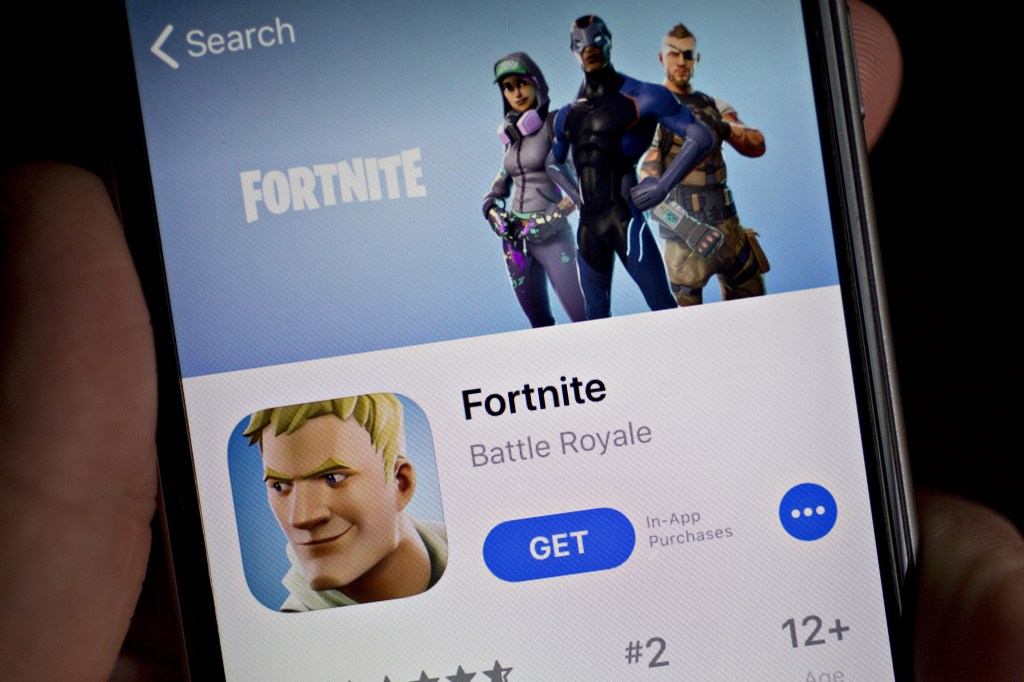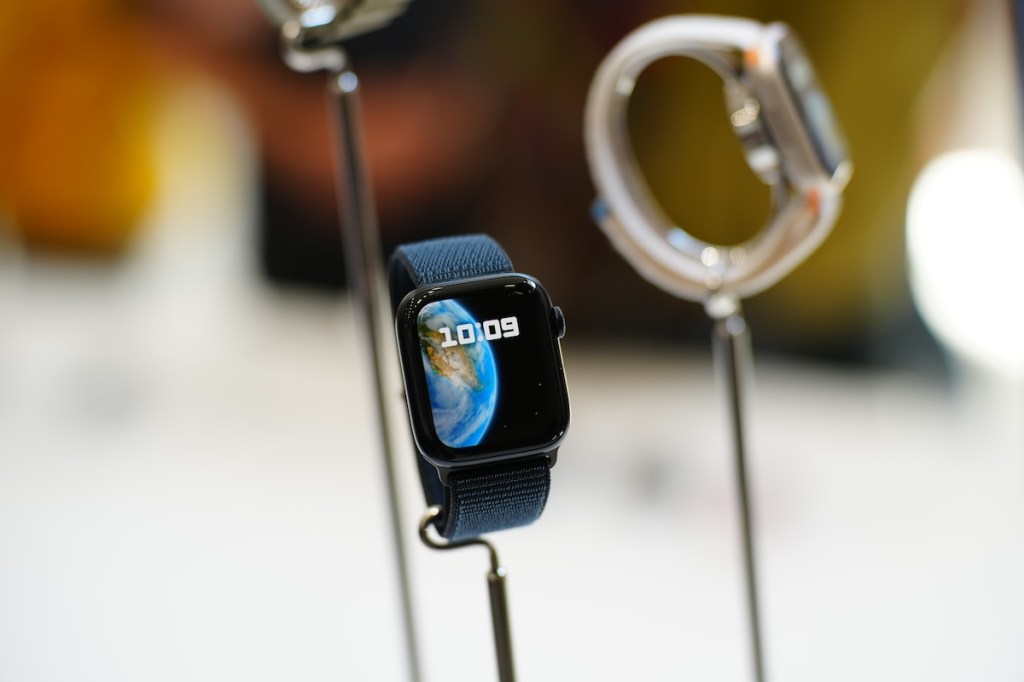
X CEO Linda Yaccarino on Tuesday announced that the social media platform has filed an antitrust lawsuit against the Global Alliance for Responsible Media (GARM) and the World Federation of Advertisers (WFA).
In a video posted to X, Yaccarino accuses the organizations — along with GARM members CVS Health, Mars, Orsted and Unilever — of what Yaccarino calls a “systematic illegal boycott” of the platform.
A Message to X Users pic.twitter.com/6bZOYPhWVa
— Linda Yaccarino (@lindayaX) August 6, 2024
The executive cites a July report from the U.S. House of Representatives Judiciary Committee titled, “GARM’s (Global Alliance for Responsible Media) Harm.” According to the report:
Through GARM, large corporations, advertising agencies, and industry associations participated in boycotts and other coordinated action to demonetize platforms, podcasts, news outlets, and other content deemed disfavored by GARM and its members. This collusion can have the effect of eliminating a variety of content and viewpoints available to consumers.
GARM was founded by the World Federation of Advertisers in 2019 in a bid to “help the industry address the challenge of illegal or harmful content on digital media platforms and its monetization via advertising,” according to the organization’s site.
The Judiciary report specifically addresses boycotts of X, The Joe Rogan Experience/Spotify and “Candidates, platforms, and news outlets with opposing political views.”
In particular it addresses organization member concerns over Elon Musk’s acquisition of the platform then known as Twitter. One member, according to the report, suggested that fellow members stop paid advertisements on the service, contributing to a precipitous drop in revenue.
“GARM’s internal documents show that GARM was asked by a member to ‘arrange a meeting and hear more about [GARM’s] perspectives about the Twitter situation and a possible boycott from many companies,” the report’s authors note. GARM also held ‘extensive debriefing and discussion around Elon Musks’ [sic] takeover of Twitter,’ providing ample opportunity for the boycott to be organized.”
In her own statement, Yaccarino claims that GARM’s “illegal behavior of these organizations and their executives cost X billions of dollars.”
We tried being nice for 2 years and got nothing but empty words.
Now, it is war. https://t.co/MEzH0vqz0p
— Elon Musk (@elonmusk) August 6, 2024
Musk was less measured in his response, posting, “We tried being nice for 2 years and got nothing but empty words. Now, it is war.” The executive had similarly incendiary words for advertisers last year, stating, “If somebody’s going to try to blackmail me with advertising, blackmail me with money? Go f*** yourself. Go. F***. Yourself. Is that clear?”
He also promised at the time to document companies participating in the boycott “in great detail.”
The suit follows a recent governmental crackdown on tech antitrust. Yesterday, Google lost a landmark battle alleging the software giant of maintaining a search monopoly through illegal acts.
X joined GARM in early July, noting, “X is committed to the safety of our global town square and proud to be part of the GARM community” through its Safety account.


